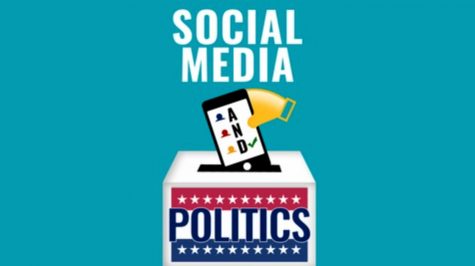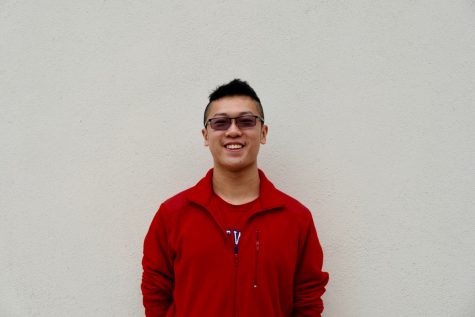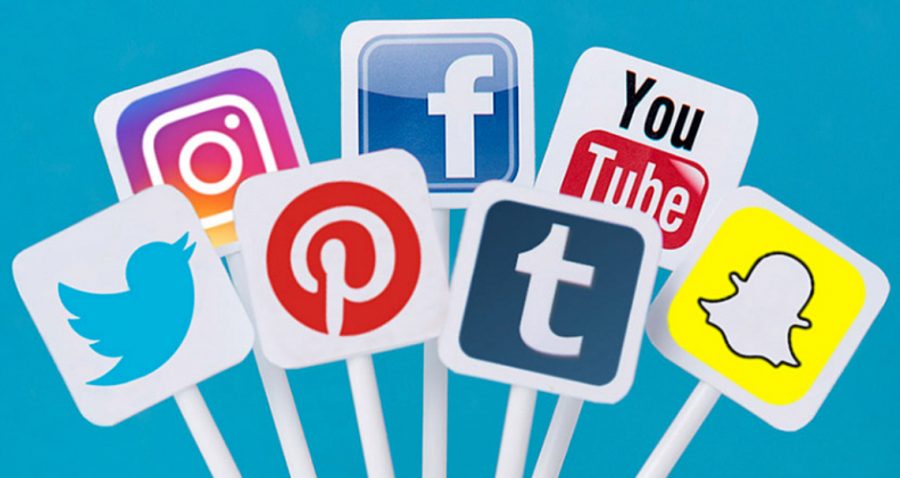Social Media: Chasing Likes and Picking Fights

“Social media websites are no longer…creating a positive communication link among friends, family and professionals. It is a veritable battleground, where insults fly from the human quiver, damaging lives, destroying self-esteem and a person’s self-worth.” This is a quote from Anthony Carmona, a former president of Trinidad and Tobago, and it speaks a very honest truth: social media is no longer just a platform for all the memes you could want in the world. It is a battleground for divisive topics and ideas, dividing people of different opinions.
First of all, social media fuels division of all kinds. Humans inherently have different opinions and in order to have a civil conversation, you need to hear each other out. However, given the current political climate, it is somewhat impossible to do so and social media is the gasoline to the fire. To further support their stances, some people share links to many websites known for spreading fake news.
There are human beings… that try to encourage hate, attack, spread conspiracies, and criticize in ways that only the most foul people would do in real life.
The 2016 presidential election exemplifies this behavior, which exacerbated the divisions caused by two polarizing candidates, Hillary Clinton and Donald Trump. According to The Guardian, the Russian government established an operation of trolls and bots to generate hundreds of accounts on social media to influence voting behavior and widen rifts between readers. Further research done by the Pew Research Center following the 2016 election shows that as social media usage progresses, political polarization has increased. In 1994, 64% of Republicans and 70% of Democrats are above the median in terms of political ideology (being moderate or having somewhat equal democrat-leaning and republican-leaning views). Fast forward to 2017, more than 95% of Republicans and 97% of Democrats are above the median, showing higher polarization and extremism to each party’s ideals than ever before. Religious ideas are also becoming more fundamentalist due to social media and smartphone usage, the study continued, with issues like gay marriage and abortion being more and more two-sided.
Social media also contains the worst of all ideas. Social media is a platform for all people to use and allows quick access for news, updates, scores, and gossip. However, not everyone on social media exists to solely share cat videos or memes. There are human beings—using the computer screen as their shield to protect them from opposition or backlash—that try to encourage hate, attack, spread conspiracies, and criticize in ways that only the most foul people would do in real life. Since social media is designed as an open conduit of ideas and offers anonymity, people no longer have to think twice and can impulsively click the “share” button.
An example of such extremism is after the Parkland High School shooting when, according to the New York Times, right-wing conspiracies called the attack “a planned event” and all the victims and survivors “crisis actors.” Social media allows these people to make up such things and when skeptics came across this posts, they chose to believe them as reputable sources. This behavior is supported by the tendency of “confirmation bias,” or the tendency in which people will embrace information that supports their beliefs and reject information that contradicts them.
Now, that’s not saying social media is a monster and that we must stop using it. Where else are you going to find your stash of glorious memes and catch up on your favorite sport team or music artist? But we should all go into social media with an open mind and civility towards one another. If not, social media will soon be a weapon of hate rather than a safeguard for those precious, good vines.

Derek Wong is a senior who likes discussing hot topics relating to politics and the entertainment industry. He frequently participates in Model UN, loves...

